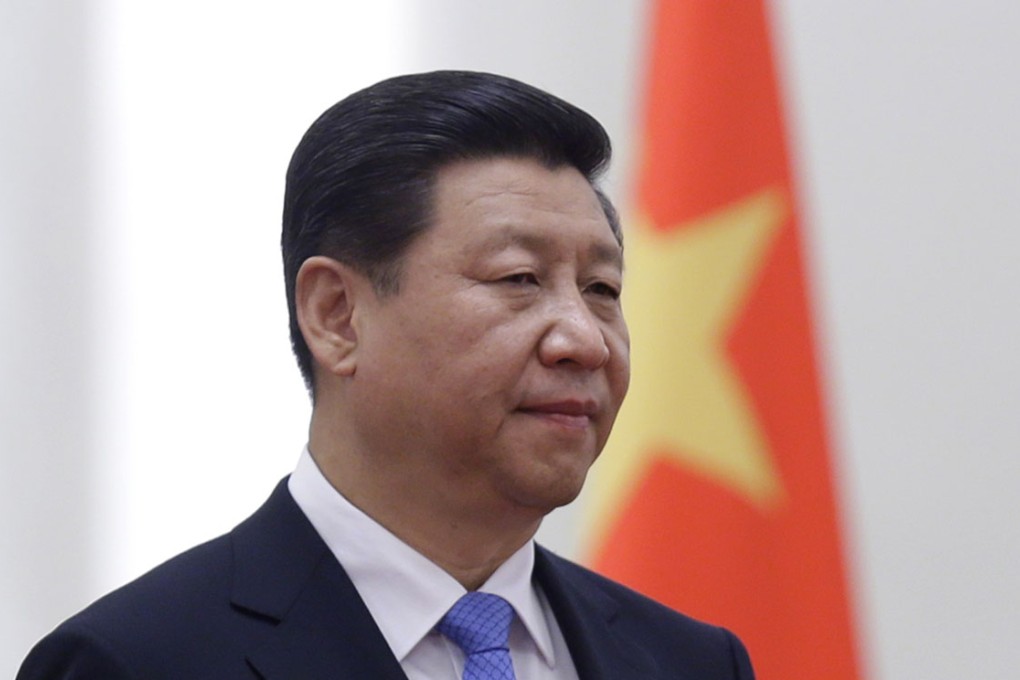More stressed officials taking their own lives as corruption crackdown presses on
With suicide on the rise among party cadres as anti-graft drive presses on, experts suggest they take their lives to protect families and assets

A Zhejiang party official has died after “falling” from a building, the local government said, in the latest case in a string of suicides by officials.
In a letter found on Zhao Jilai, inspector of the Hangzhou Economic and Information Technology Commission, he wrote that he had decided to “leave this world” after years of suffering from thyroid cancer and insomnia.
He asked for the Communist Party’s forgiveness, saying he had never done “a single thing” that violated party discipline.
Xinhua reported that the anti-graft watchdog had begun an inspection in the eastern province on Tuesday.
Last month alone, six officials committed suicide, according to media reports. Two, from Henan and Hubei respectively, left letters saying they were depressed; one was reported to have accepted bribes.
Experts say President Xi Jinping’s intense corruption crackdown has put enormous stress on corrupt officials.